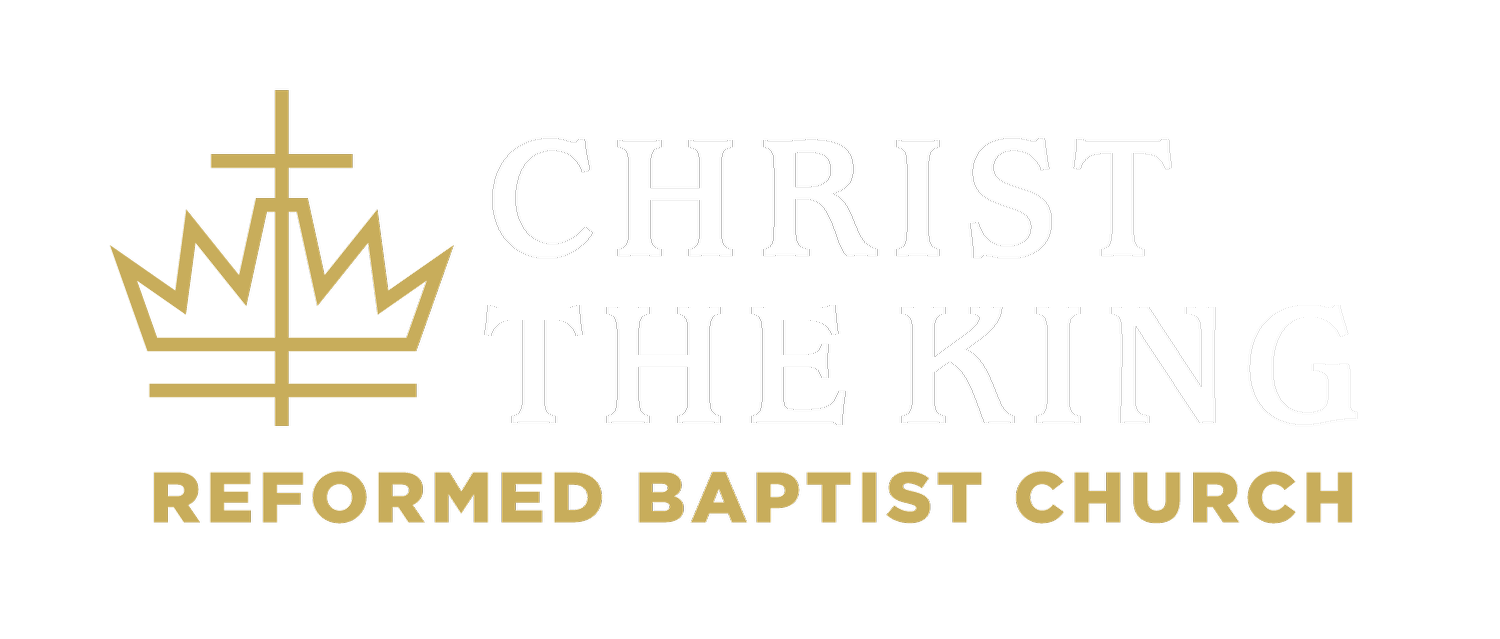What is a Reformed Baptist?
Say the word “Baptist” to three people and they might give five different answers among themselves. Add the word Reformed and you will likely get even more. For some Baptist might be almost interchangeably used with Christian. For others, Charles Spurgeon might come to mind who was gladly himself a Reformed Baptist. Recently my family and I took a road trip to Tennessee and between the church vans on the road, billboards, and church buildings, I read the word Baptist more times than I can remember (see the pictures below). While I was encouraged to see other Christian groups across our beautiful countryside, it spurred me on even more to want to write these series of blog posts. My desire is that as a church family we come to a clear understanding of what makes a “Reformed Baptist” distinct from other Baptists and Reformed people.
On the one hand, the beliefs and practices of Reformed Baptists go deep into church history—even all the way to the early church’s conception. Today you will find faithful Reformed Baptist Churches comprised of brothers and sisters in Christ who affirm the historic central truths as God has revealed them in His Holy Word. The phrase “Reformed Baptist”, however, was born out of the English Reformation in the 1640s, about 100 years after the Protestant Reformation. These Christians generally came out from independent paedobaptist* churches due to some very specific theological distinctions. They were also known as Particular Baptists because they held to a particular form of theology. Some of these theological distinctions are:
2. The Law of God
3. The Regulative Principle of Worship
4. Calvinism
5. Covenant Theology
6. Congregational
With the help of the Lord, I intend to explain in more detail what each of these distinctions mean and Lord willing how they function in the life of each believer as well as in our life together as a church.
My hope is that in doing so, we gain deeper wisdom and understanding of God’s character (Proverbs 4:5-9), we become more confident in what we believe and equipped to rightly handle His word (2 Timothy 3:16-17, 2 Timothy 2:15) and that these theological topics drive us to deeper study, causing us to worship our Lord out of a response to what we learn about His character and His sovereign hand in salvation (John 4:23-24, 1 Peter 1:3-5).
I heard it said best from pastor-theologian Shai Linne, “Sound theology (the knowledge of God) leads to good doxology (the worship of God), but doxology without good theology is nothing more than idolatry.” What does that mean? It means that our worship to the Lord should be out of a response to knowing his Character well. That is my hope as we learn together.
Below you will find some photos of a couple historic Baptist churches located in Cades Cove, Tennessee. By God’s grace, we were able to leave gospel tracts behind as well as share the gospel and provide a tract to a senior aged couple we met during our visit.
What gave me to pause was the thought that even in the early 1800s, in a small rural town as this, there were two different Baptist churches. How much more today would it be helpful to have a clear understanding of what defines us from the other Baptist churches of our day.
I look forward to our first topic, Being Confessional. Stay tuned!
Grace & Peace,
Joe Calabrese
paedo comes from the Greek word “pais” so paedobaptistm=those who believe in child “baptisms”







